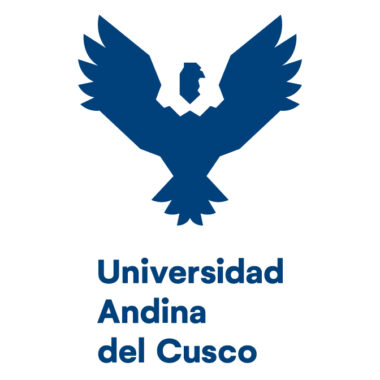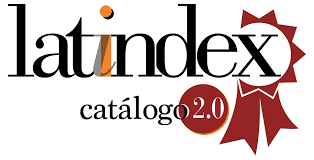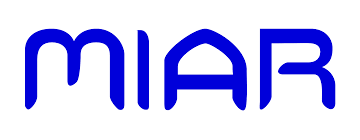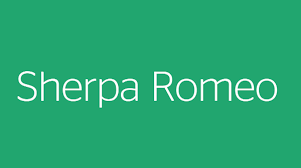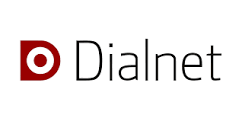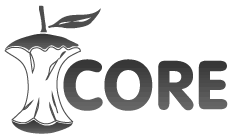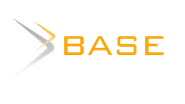Critical reading and research in Matthew Lipman. Practices at the service of learning in 21st century education
DOI:
https://doi.org/10.36881/yachay.v12i1.672Keywords:
meaningful learning, critical reading, research community, education, higher order thinkingAbstract
Learning meaningfully refers to a widely recognized role in the curricular programs of the educational agendas of the 21st century. This premise is not alien to the approaches of Mattew Lipman, who states that the appropriation of the knowledge that is generated in academic communities requires the availability of cognitive abilities to achieve the appropriation of the knowledge that is generated in scientific communities. This documentary research reports the fundamental references and approaches around the praxis of critical reading and research, as dynamic and complex processes that, due to their implications in the development of higher thought, determine the deep approach to theoretical frameworks, deduction of ideas, the critical-reflexive assessment of existing knowledge, and the active commitment to operating epistemically. These cognitive abilities, in their operational sense, are understood to be closely linked to learning, since they allow the subject to process information on their own, become familiar with the establishment of criteria and the construction of conclusions regarding the contents and problems with which they are daily involved. In conclusion, critical reading and research are understood in Lipman as processes at the service of learning, which make it possible to adapt to emerging transformations, to the changing and dynamic conditions that permeate knowledge, conditions that encourage deep dialogue, to resolve problems through the disposition of critical and creative thinking, as well as the use of reasoning and analytical capacity to address old disciplinary problems from different angles, taking as a reference their tangential elements, the detection of their nodes, their shortcomings and weaknesses.
Downloads
References
Alves, S y Maruro, D. (2020). La experiencia de pensar conceptos y filosofar en la infancia según la perspectiva de Matthew Lipman, Revista Childhood y Philosophy, 16 (10), 1-36. https://doi.org/10.12957/childphilo.2020.53655
Harada, E. (2012). La filosofía de Matthew Lipman y la educación. Perspectivas desde México. Universidad Autónoma de México.
García, F. (2002). Matthew Lipman. Filosofía y Educación. De la Torre.
Lipman, M. (1998), Pensamiento complejo y educación. Ediciones de la
Torre.
Lipman, M y Gazard, A. (2001). Poner en orden los pensamientos. Ediciones de la Torre.
Lipman, M. (2002). Matthew Lipman: filosofía y educación. Ediciones de la
Torre.
Lipman, M, Sharp, A., y Oscanya, F. (1992) La filosofía en el aula. Ediciones de la Torre.
Lipman, M. (2016). El lugar del pensamiento en la obra de Matthew Lipman. Octaedro.
Márquez, A y García, J. (2007). El valor de educar en la filosofía para niños y niñas en Matthew Lipman. Episteme, 27 (1), 83-96. http://ve.scielo.org/scielo.php?script=sci_arttext&pid=S0798-43242007000100005
Morales, J. (2023). Modos de pensamiento en los estudios de postgrado: ¿cómo enfrentar el desafío de la producción de conocimiento? Revista Latinoamericana de Difusión Científica, 5(8), 95-126. https://doi.org/10.38186/difcie.58.06
Parra, R y Medina, J. (2007). La comunidad de investigación y la formación de ciudadanos. Consideraciones a partir del pensamiento de Matthew Lipman y Paulo Freire. Revista Telos: Revista de Estudios Interdisciplinarios en Ciencias Sociales, 9(1), 80-89. https://dialnet.unirioja.es/servlet/articulo?codigo=6436339
Pulido-Cortés, O. (2019). Filosofía para niños, ciudadanía y experiencia filosófica. Praxis y Saber, 10 (23), 9-27. https://doi.org/10.19053/22160159.v10.n23.2019.9738
Ruiz, J. (2022). El papel de la experiencia y la formación del profesorado en la filosofía de educación de John Dewey y Matthew Lipman. Revista Internacional de Filosofía Aplicada HASER, 13 (13), 81-103. https://revistascientificas.us.es/index.php/HASER/article/view/20775
Downloads
Published
How to Cite
Issue
Section
License
Copyright (c) 2023 Jesús Alfredo Morales Carrero

This work is licensed under a Creative Commons Attribution 4.0 International License.
You are free to:
- Share — copy and redistribute the material in any medium or format
- Adapt — remix, transform, and build upon the material
- The licensor cannot revoke these freedoms as long as you follow the license terms.
Under the following terms:
-
Attribution — You must give appropriate credit, provide a link to the license, and indicate if changes were made. You may do so in any reasonable manner, but not in any way that suggests the licensor endorses you or your use.


